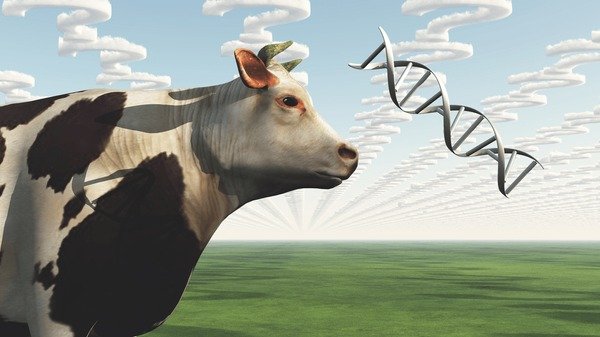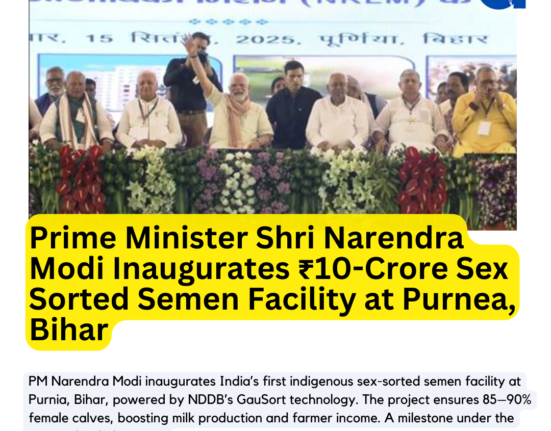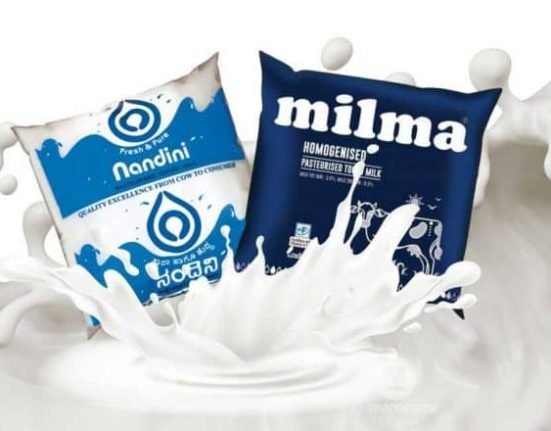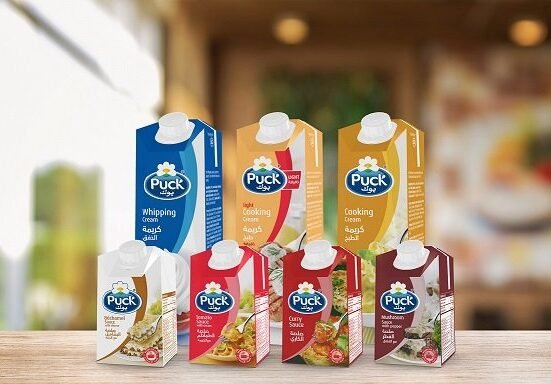GePanaji: genetic engineering Eric enIn an efforgenegenetic t to revolutionise animal husbandry through genetic engineering, the Department of Animal Husbandry & Veterinary Services is set to propose the introduction of in vitro fertilization (IVF) technology, specifically focusing on embryo transplantation for cattle breeds.
The IVF procedure aims to use high-yield cows as surrogate mothers capable of producing 25 to 30 liters of milk daily. “Genetic improvements in livestock show results within three to five years, compared to the decade required by traditional breeding methods,” said Dr Nitin Naik, Director of Animal Husbandry.
There are two key technologies—embryo transplantation and sex-sorted semen techniques. “An attempt in 2019-20 to implement sex-sorted semen had a disappointing success rate of 20%, largely due to the undernourishment of the cows involved,” said Naik.
The cost of embryo transplantation has decreased significantly under the ‘Make in India’ initiative making it more accessible to farmers and on receiving the state government’s approval, farmers will be selected to participate in this program.
“We will harvest eggs from donor cows, fertilize them to create embryos, and then implant these embryos into recipient cows,” said Naik, adding that this technique guarantees that the resulting calves inherit traits from both genetic parents.
The new IVF technology is expected to deliver immediate genetic improvements, producing high-yield offspring from the first generation. “The government seeks to revolutionise cattle breeding, contributing to the economic and agricultural development of the region,” said Naik.Animal husbandry eyes high-yield cows







